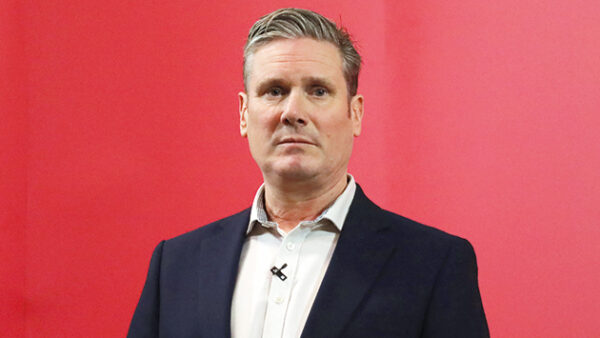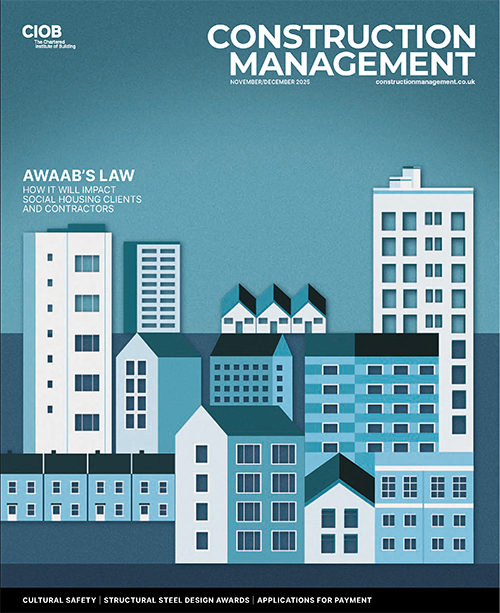Although construction has the tools and frameworks to make the industry more collaborative and safer, collective willingness to change is still missing, argues Sabrina Abdullaahi.

As a trainee cost manager, I’ve spent the last year exploring how construction projects are shaped by budgets, deadlines and the constant push to deliver more for less.
Value engineering, overruns, and procurement strategies are key topics at the centre of every conversation. But there’s something else I’ve started to notice that we don’t talk about enough: complacency.
It’s not loud or obvious. It doesn’t show up on spreadsheets. But it’s there in the way decisions are made, risks are ignored and old habits go unquestioned. And it’s holding us back more than we realise.
The cost of complacency: Grenfell Tower
On 14 June 2017, a fire tore through Grenfell Tower in West London, killing 72 people and exposing one of the most devastating failures in modern UK construction history.
The public inquiry led by Sir Martin Moore-Bick uncovered a chain of systemic breakdowns, not just in regulation, but in professional accountability.
Specifications were ignored, risks were downplayed and corners were cut. Cost-cutting played a role, but the deeper issue was the mindset of “this is how we’ve always done it”.
Despite rapid technological advances and shifting client expectations, many construction professionals continue to rely on outdated practices.
The development of the Construction Playbook and the Building Safety Act was meant to be a turning point for the industry. These changes laid out clear guidelines for smarter, safer and more collaborative ways of working, with digital tools such as BIM at the heart of it all.
But here’s the problem: most firms still treat these frameworks as optional, not as the industry standard they’re meant to be. Many are hesitant to change, waiting for others to lead the way. And in doing so, they’re missing out on the very things clients want: clarity and fresh thinking.
Why aren’t we following the guidance?
BIM has been part of the construction landscape for over a decade, yet widespread adoption remains inconsistent. According to the 2020 NBS BIM report, 73% of UK practices said they use BIM, but only 23% applied it across all projects and just 46% used it on most. Meanwhile, clients are demanding smarter, faster, greener builds. So, what’s the hesitation?
Or look at sustainability. The UK’s net-zero targets require changes in how we design and build. Yet many contractors treat sustainability like a checklist, not a commitment.
This isn’t just about individual attitudes and actions; it’s a deeper, industry-wide issue that leads to unsafe buildings, missed deadlines and reputational damage. It destroys trust between clients, consultants and contractors, and in a sector where collaboration is critical.
As someone who has just entered the industry, I see myself as the future of construction. And with that comes responsibility. We’re not here to inherit outdated approaches and repeat past mistakes.
That means asking the hard questions: Are we truly delivering value? Are we learning from mistakes or repeating them? Are we hiding behind outdated systems instead of driving progress?
The tools and frameworks already exist. What’s missing is the collective willingness to act.
So, here’s what needs to change:
- Stop relying on legacy systems, adopt smarter, more agile ways of working, such as BIM;
- Foster a culture of accountability and continuous learning;
- Create an environment where teams feel safe to challenge outdated norms and propose better solutions;
- Prioritise quality, safety, and long-term value over short-term gains/goals.
Let’s raise the bar because the future of construction depends on it.
Sabrina Abdullaahi is a trainee cost manager at Turner & Townsend and a member of the Muslims in Real Estate network.











